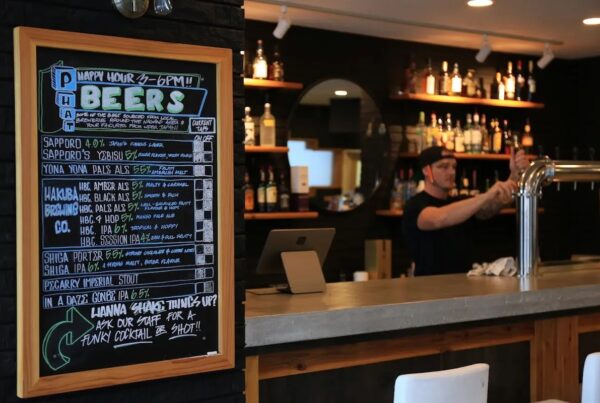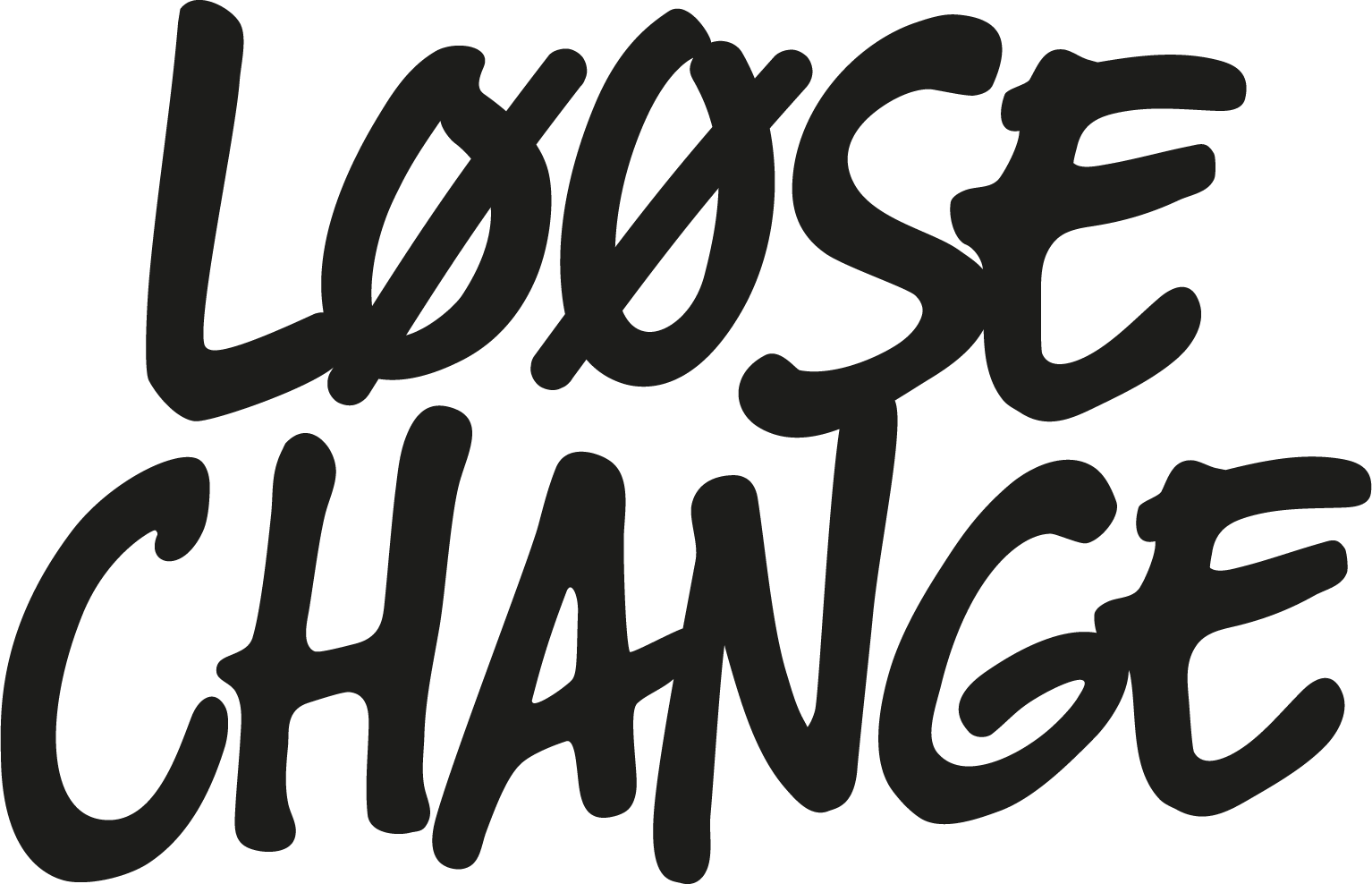Traveling to Hakuba from Tokyo and Osaka
Hakuba, nestled in the Japanese Alps, is a premier destination for skiing and outdoor activities. Whether you’re coming from Tokyo or Osaka, there are several transportation options available, ranging from high-speed trains to buses and private transfers. This guide will cover the various methods, including approximate pricing, to help you plan your journey.
From Tokyo to Hakuba
From Haneda and Narita Airports to Tokyo
- Haneda Airport to Tokyo Station
- Train: Tokyo Monorail to Hamamatsucho Station, then JR Yamanote Line to Tokyo Station.
- Time: Approximately 30-40 minutes.
- Cost: Around ¥500 one way.
- Narita Airport to Tokyo Station
- Train: Narita Express (N’EX) directly to Tokyo Station.
- Time: Approximately 60 minutes.
- Cost: Around ¥3,000 one way.
From Tokyo to Hakuba
By Train
- Shinkansen (Bullet Train) and Bus
- Route: Tokyo Station to Nagano Station (Shinkansen), then Nagano Station to Hakuba (Bus).
- Time: Approximately 3 to 3.5 hours.
- Cost: Around ¥8,000 to ¥9,500 one way.
- Details:
- Take the Hokuriku Shinkansen from Tokyo Station to Nagano Station, which takes about 1.5 hours.
- Transfer to the Alpico Bus from Nagano Station to Hakuba, which takes about 1.5 hours.
- Details:
- Benefits: Fast and reliable, with beautiful scenic views of the Japanese countryside and mountains.
- Bus Schedule:
- Buses from Nagano to Hakuba operate roughly every hour from 8:20 AM to 8:30 PM.
- Direct Azusa Train
- Route: Shinjuku Station (Tokyo) to Hakuba Station.
- Time: Approximately 4 hours.
- Cost: Around ¥6,500 one way.
- Details:
- The Limited Express “Azusa” train runs directly from Shinjuku Station to Hakuba, offering a more straightforward option without transfers.
- Details:
- Benefits: Convenient and relaxing, with the added benefit of not needing to change trains.
By Bus
- Highway Bus
- Route: Shinjuku Expressway Bus Terminal to Hakuba Happo Bus Terminal.
- Time: Approximately 4.5 to 5 hours.
- Cost: Around ¥5,000 one way.
- Details:
- Multiple bus companies, including Alpico and Keio, operate this route, providing several departures throughout the day.
- Details:
- Benefits: Cost-effective and convenient, with direct service to Hakuba.
- Nagano Snow Shuttle
- Route: Direct from Narita and Haneda Airports to Hakuba.
- Time: Approximately 5.5 to 6.5 hours.
- Cost: Around ¥12,000 to ¥13,000 one way.
- Details:
- The Nagano Snow Shuttle provides direct transfers from both Narita and Haneda Airports to Hakuba, making it a convenient option for international travelers.
- Schedule:
- Generally, there are one or two shuttles per day, with timings coordinated with major flight arrivals.
- Details:
- Benefits: Direct service from the airport to Hakuba, eliminating the need for transfers in Tokyo.
By Private Transport
- Private Car Hire
- Route: Direct drive from Tokyo to Hakuba.
- Time: Approximately 3.5 to 4.5 hours, depending on traffic and weather conditions.
- Cost:
- Car rental: ¥10,000 to ¥15,000 per day, plus toll fees (approximately ¥5,000) and fuel (approximately ¥3,000).
- Private transfer service: ¥50,000 to ¥70,000 one way.
- Benefits: Flexibility in travel schedule and the ability to stop at various points of interest along the way.
From Osaka to Hakuba
By Train
- Shinkansen (Bullet Train) and Limited Express Train
- Route: Shin-Osaka Station to Nagoya Station (Shinkansen), then Nagoya Station to Hakuba Station (Limited Express).
- Time: Approximately 4.5 to 5 hours.
- Cost: Around ¥12,000 to ¥14,000 one way.
- Details:
- Take the Tokaido Shinkansen from Shin-Osaka Station to Nagoya Station, which takes about 50 minutes.
- Transfer to the Limited Express “Shinano” train to Matsumoto, then transfer again to the Oito Line for Hakuba.
- Details:
- Benefits: Fast and scenic, offering a glimpse of Japan’s diverse landscapes.
- Direct Limited Express Train
- Route: Shin-Osaka Station to Nagano Station (Shinkansen), then Nagano Station to Hakuba Station (Bus).
- Time: Approximately 5.5 to 6 hours.
- Cost: Around ¥14,000 to ¥15,500 one way.
- Details:
- Take the Hokuriku Shinkansen from Shin-Osaka Station to Nagano Station.
- Transfer to the Alpico Bus from Nagano Station to Hakuba.
- Details:
- Benefits: A longer route but offers fewer transfers.
By Bus
- Highway Bus
- Route: Osaka (various departure points) to Nagano, then transfer to a bus to Hakuba.
- Time: Approximately 8 to 9 hours total.
- Cost: Around ¥8,000 to ¥10,000 one way.
- Details:
- Several bus companies operate long-distance services from Osaka to Nagano, with a transfer in Nagano for a local bus to Hakuba.
- Details:
- Benefits: Economical and direct, although longer travel time compared to trains.
By Private Transport
- Private Car Hire
- Route: Direct drive from Osaka to Hakuba.
- Time: Approximately 5.5 to 6.5 hours, depending on traffic and weather conditions.
- Cost:
- Car rental: ¥12,000 to ¥18,000 per day, plus toll fees (approximately ¥8,000) and fuel (approximately ¥5,000).
- Private transfer service: ¥70,000 to ¥100,000 one way.
- Benefits: Offers maximum flexibility and the convenience of direct travel without transfers.
Additional Tips
- JR Pass: If you are traveling extensively within Japan, consider purchasing a Japan Rail Pass. This pass offers unlimited travel on JR trains, including the Shinkansen and some Limited Express trains. The pass can save you money if you plan to take multiple long-distance journeys.
- Cost: ¥29,650 for a 7-day pass, ¥47,250 for a 14-day pass.
- Advance Reservations: For both trains and buses, it is recommended to book tickets in advance, especially during peak travel seasons (e.g., winter for skiing, holidays). This ensures you secure a seat and can plan your travel itinerary without last-minute changes.
- Luggage Services: If you have bulky ski equipment or large luggage, consider using a luggage forwarding service, which can deliver your items directly to your accommodation in Hakuba. This allows for a more comfortable travel experience without the hassle of carrying heavy bags.
- Weather Considerations: Winter travel to Hakuba can be affected by heavy snowfall and icy roads. Always check weather forecasts and road conditions, especially if driving. Public transport options like trains and buses are generally well-prepared for winter weather, but delays can still occur.
In summary, traveling to Hakuba from Tokyo or Osaka offers a variety of options to suit different preferences and budgets. Whether you choose the speed and comfort of the Shinkansen, the convenience of direct buses, or the flexibility of private car hire, planning ahead and considering the pros and cons of each mode of transport will ensure a smooth and enjoyable journey to this beautiful alpine destination.









